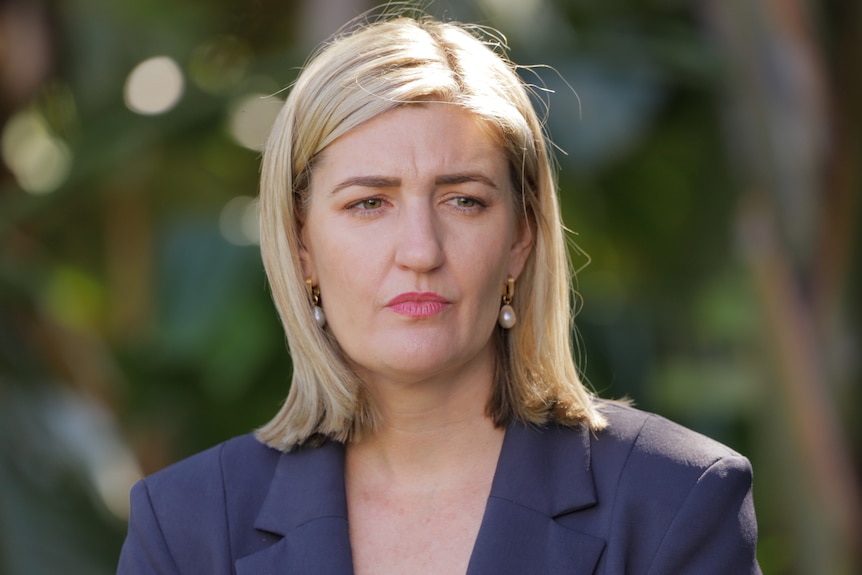Infection
Death at Queensland hospital suspected to be linked to contaminated saline
The death of a patient at a Sunshine Coast hospital is suspected to be linked to a contaminated saline product.
Key points:
- A safety alert has been issued to all Queensland health facilities and clinics
- There have been at least 43 confirmed cases of infection nationwide
- Queensland has recorded three confirmed cases and three probable cases
Queensland Health has told hospitals and clinics across the state to stop using two InterPharma sodium chloride products for patient care immediately, and to remove them from all clinical areas.
A patient safety alert issued by Queensland Health said the imported products were believed to be linked to a hospital outbreak of a dangerous bacteria, Ralstonia pickettii, in multiple states and territories.
Chief Health Officer Dr John Gerrard said at least 43 cases had been confirmed nationally, while three confirmed cases and three probable cases had been recorded in Queensland private hospitals.
Dr Gerrard said Ralstonia pickettii was a “common organism in the environment” and is commonly identified in rivers and lakes.
“It is usually harmless and cannot spread from one person to another,” he said.
“The biggest risk is if a person is injected by some means into the blood with the organism.”
The death of an elderly woman at the Buderim Private Hospital is also being investigated, with the saline identified as a possible factor.
“The organism was identified in the blood of an elderly patient in a Queensland private hospital, who has subsequently passed away,” Health Minister Shannon Fentiman told parliament.
Dr Gerrard said patients who are most likely to get IV injections in hospital “almost always have other medical problems” and he could not definitively attribute the death in Queensland to the bacteria.
A Queensland Health spokesperson said no cases had been linked to Queensland Health facilities at this time.
‘This is a national issue’
Dr Gerrard said the saline products with links to the bacteria, which were imported from overseas, have been removed from Australian public and private hospitals.
“The Therapeutic Goods Administration will be looking at this nationally, so at this stage I do not want to say confidently that all risk has been removed,” he said.
“The ones in Queensland appear to be associated — we do know that these ampoules were used specifically in these areas of the hospitals involved in Queensland [and] they’ve been removed.”
Ms Fentiman said the bacterium outbreak was initially identified in New South Wales in September.
“It is especially concerning to those with significant underlying medical conditions or who have implanted medical devices,” she said.
“This is a national issue … and involves products imported from overseas. I can confirm that these products have been imported from India and Greece.
“In mid-September, NSW health authorities asked Australian states to be on the lookout for Ralstonia cases after a cluster of infections was identified, but with no apparent cause.”
She told parliament she was advised the particular brand of saline had been in use in seven Queensland Health hospitals and facilities.
Urgent quarantine notice issued for products
The Therapeutic Goods Administration has issued an urgent quarantine notice for the two products.
InterPharma has suspended supply of the “suspected product” and told hospitals and pharmacies to quarantine their stock, with the company adding that “no causal link has been established”.
“In response to current reports of possible adverse events linked to Sodium Chloride, InterPharma is working in close contact with the Therapeutic Good Administration and investigations are ongoing,” InterPharma, which describes itself as specialising in the sales, marketing and distribution of healthcare products, said in a statement.
Queensland Health said it was working with public hospitals to ensure they have sufficient supplies of alternative products.
Look back at how ABC readers and other Australians responded to this live moment.
Wondering what this is? Join us next time we’re live and be part of the discussion.

